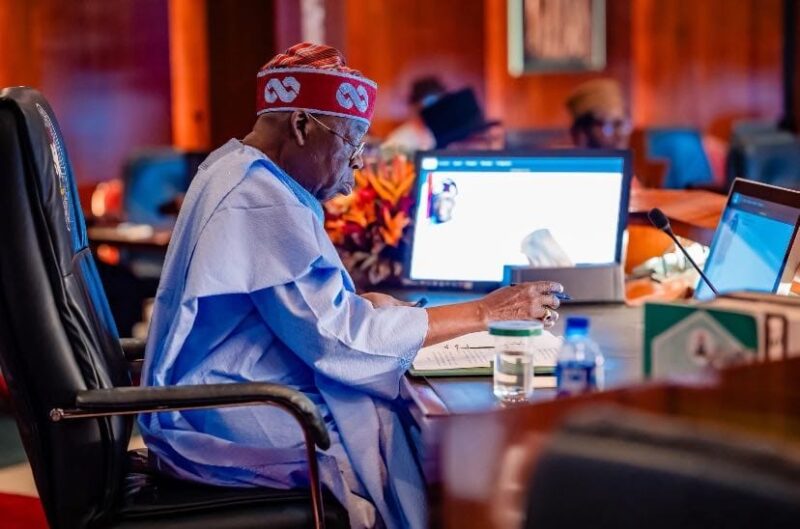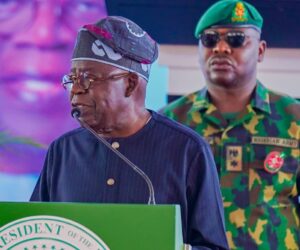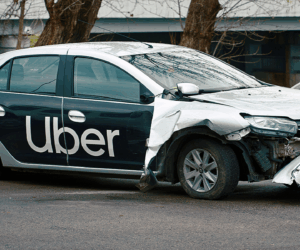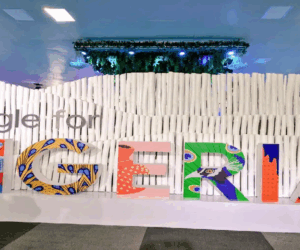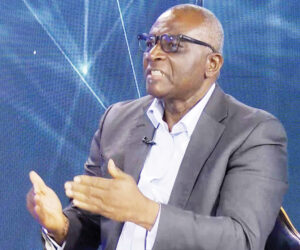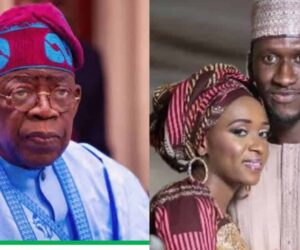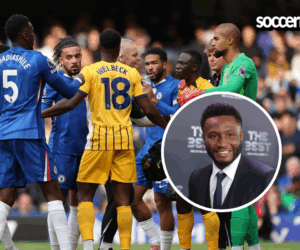US Congressman Bill Huizenga has accused President Bola Tinubu’s administration of “sitting back” and failing to address worsening violence in Nigeria.
Huizenga said this on Thursday while testifying before the US House Subcommittee on Africa reviewing Nigeria’s CPC redesignation.
The congressman directly faulted the Tinubu administration’s response, accusing Nigeria’s delegation of downplaying the crisis in Washington.
SPONSOR AD
“It ought to be outrageous that it is Christians, moderate Muslims, and anyone being terrorised by these radicalised Islamists in Nigeria, and we’ve got the Tinubu government sitting back and not doing enough.
“I was recently interviewed by Nigerian television, and that was really their question. Is the Tinubu government doing enough? And I had to answer, ‘No, they are not.’
“And I do not understand how a delegation can come here to the United States and downplay and come up with all of these other excuses as to why this is allowed to happen. It should be rejected and should be called out for what it is,” he said.
Huizenga criticised the media and some members of Congress for “denying” or “de-emphasising” the scale of the killings.
“I went to school with kids from Nigeria. We’ve got neighbours who’ve been missionaries there, who have family there, who have friends there, who know this is going on. Yet, we’ve got not just the mass media, we’ve got people within the Congress denying that this is happening, or certainly de-emphasising it,” he said.
Huizenga also recalled a Christmas Eve 2023 attack that killed 200 people and said the incident showed that security conditions had not improved.
Questioning the pattern of religious attacks in the country, he asked, “Do we see Christians killing Muslims the way radicalised Islamists kill Christians in Muslim areas?”
However, the Director of the Africa Programme at the Centre for Strategic and International Studies, Oge Onubogu, says branding Nigeria’s insecurity as Christian persecution oversimplifies a complex situation.
Onubogu, who also spoke on Thursday during the US Congress hearing by the House Subcommittee on Africa, recalled her upbringing in Jos and her family’s history in Christian missionary work and warned against a narrow narrative that reduces the crisis to Christian persecution.
“A narrow narrative that frames Nigeria’s security situation solely as the persecution of Christians oversimplifies the issue.
“Religious and ethnic violence is driven more by governance failures and worsened by hate speech and conspiracy theories,” she said.
Onubogu told the committee that insecurity in Nigeria stems from layered governance failures, historical grievances, and social tensions rather than a single religious narrative.
She noted that US–Nigeria relations remain complicated despite shared interests in counterterrorism and economic development. She added that Nigeria holds significant regional influence but faces persistent instability.
“Nigeria’s instability stems from a key shortcoming. Despite 64 years of independence, it has yet to establish a national identity grounded in basic freedoms and dignity,” she said.
The CSIS Africa director explained that religion, ethnicity, and language continue to shape identity more than nationality. She said understanding Nigeria’s violence requires looking beyond its apparent religious framing.
She described Nigeria’s crisis as a mix “of religious extremism, banditry, criminality, resource competition, communal conflict, and separatist agitation.” She warned that religion will continue to influence politics ahead of the 2027 elections.
She criticised claims by “the Trump administration that Nigeria is permitting targeted killings of Christians,” arguing that such assertions distract from the wider realities of extremist violence.
Onubogu also cautioned strongly against military intervention and noted that any unilateral US military action “would likely endanger the very Christians it aims to protect” and deepen Nigeria’s religious divisions.
She urged the United States to avoid “reactive quick-win actions” and adopt a wider approach.
Her recommendations included “engaging with communities of all faiths, supporting moderate leaders, tying security assistance to governance reforms, and working more closely with state and local authorities,” and also the “revival of a bipartisan US Congressional Caucus on Nigeria.”
The CSIS Africa director further recommended that President Bola Tinubu should appoint “a capable Nigerian ambassador to the US” to address mass killings and insecurity in the country.
The hearing, chaired by Rep. Chris Smith, also featured Nigerian Catholic Bishop Wilfred Anagbe and religious-freedom advocate Nina Shea. Both witnesses called for stronger US measures to address what they described as targeted persecution of Christians.
The controversy escalated after Trump reinstated Nigeria on the CPC list on October 31. He alleged systematic persecution of Christians and confirmed that military options were under consideration.
Trump’s threats follow accusations of Nigerian government inaction against Islamist attacks. The Nigerian government has firmly rejected Trump’s claims.
As a Nigerian living here or in the diaspora, DO YOU HAVE A PLAN B? Just in case anything goes wrong, is there a side business you can fall back on? We show you step by step how you too can start earning US Dollars consistently. Nigerians can now make as much as $20,000 to $35,000 with premium domains. Ideal for business owners, entrepreneurs, and workers.
Click here to find out how it works

